Enter a surname, town name or other keyword to search the database. Remember to
allow for the different spellings of 'Mc' and 'Mac.' Good luck!
{Search tips: Use single word search terms for more results}
You must enter some valid character(s) into the search field
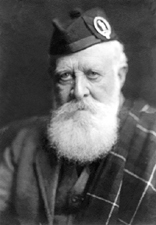
Reference: H-0258b
Osgood Hanbury Mackenzie (1842...
|
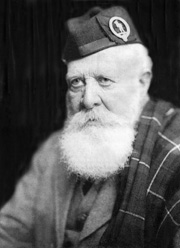
Reference: H-0258
Osgood Hanbury Mackenzie (1842...
|
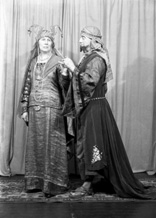
Reference: 29108f
Matheson Lang was born in Mont...
|
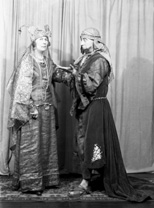
Reference: 29108e
Matheson Lang was born in Mont...
|
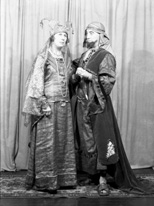
Reference: 29108d
Matheson Lang was born in Mont...
|
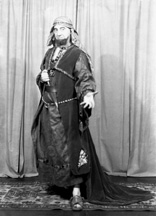
Reference: 29108c
Matheson Lang was born in Mont...
|
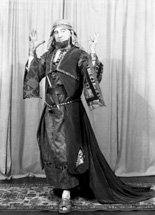
Reference: 29108b
Matheson Lang was born in Mont...
|
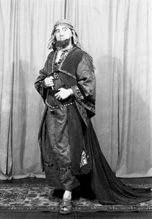
Reference: 29108a
Matheson Lang was born in Mont...
|
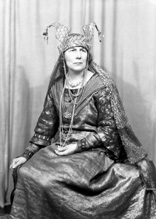
Reference: 29107b
Actress Nelly Hutin Britton wa...
|
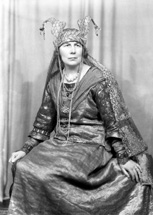
Reference: 29107a
Actress Nelly Hutin Britton wa...
|
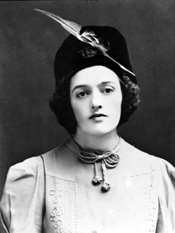
Reference: rc18
Copy for J. Bradbury, Fairburn...
|

Reference: cc30
Tom Fraser, D Battery, 91st Br...
|